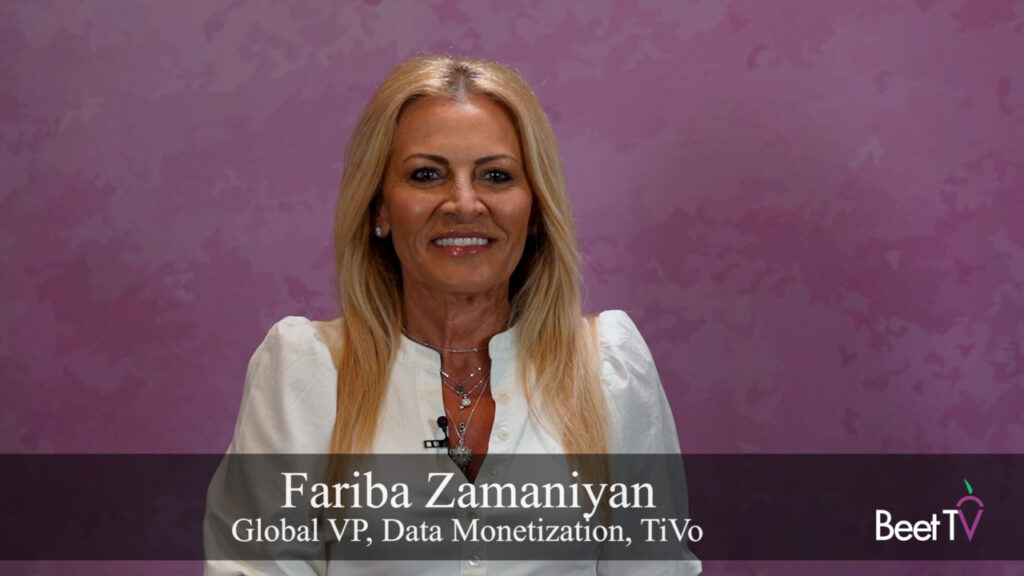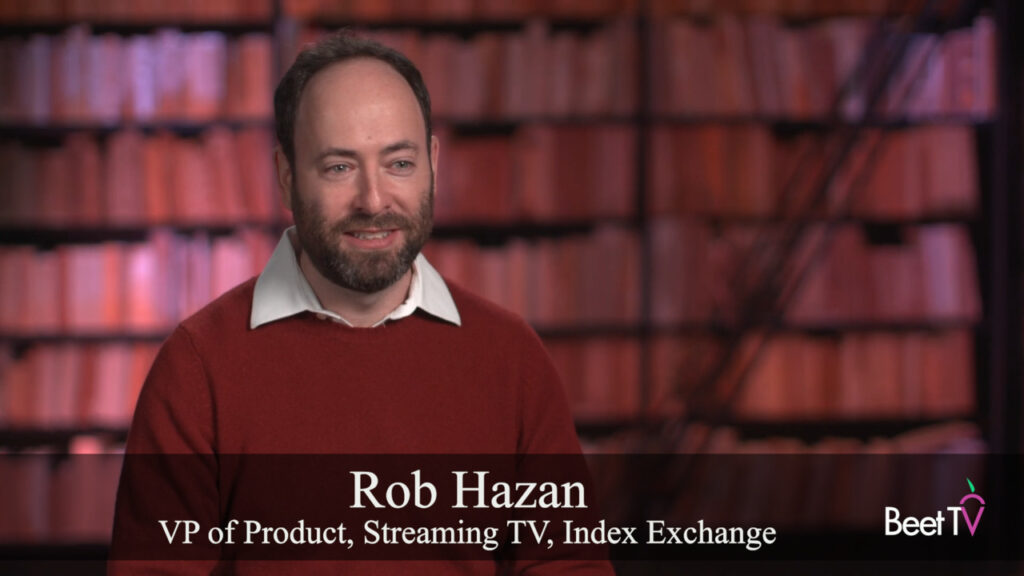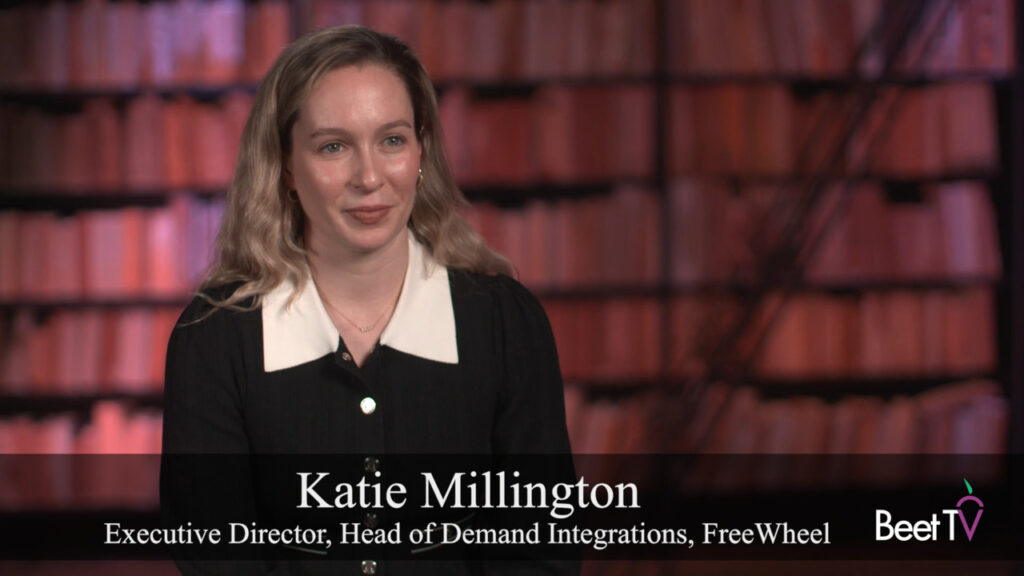New U.S. tariffs could trigger a wave of economic disruption and stall the advertising technology sector’s recovery, warns Terence Kawaja, founder and chief executive of investment bank LUMA Partners. The Trump administration’s announced tariffs and retaliatory actions by major trading partners such as China have deep and far-reaching consequences for the U.S. economy and the adtech business.
“Everyone’s reeling,” Kawaja said in this interview with Beet.TV. “We believe this policy has potential substantive negative implications for the economy as a whole, the tech sector in particular, and advertising technology. To us, this just feels like bad policy.”
The tariffs, which impose sweeping new restrictions on global trade, drew criticism from Kawaja as misguided and out of step with the modern economy. “It seems to be addressing the industrial policy of the last century when manufacturing drove the economy,” he noted. “But the U.S. is a huge exporter of services and technology—far more important in today’s and tomorrow’s economy.”
Adtech takes a hit
The impact has already been felt in markets. After a strong 2024, where public adtech companies outperformed the broader market — LUMA’s Adtech Index rose 53% versus the Nasdaq’s 29% —the first quarter of 2025 saw a sharp reversal, with the index dropping 17%, twice the Nasdaq’s loss. Kawaja cited missed earnings from The Trade Desk and short-seller pressure on AppLovin as key contributors.

“And that doesn’t count the last week of trading,” he added, “which saw a further 11% decline since the quarter’s end.”
The suddenness of the tariff policy was a major point of frustration. “It seems like a policy based on trade deficits, not actual tariff reciprocity,” Kawaja said. “Markets don’t like surprises or policies without clear rationale or lead time.”
From uncertainty to opportunity?
The broader implication, he warned, is a reemergence of inflation, a possible economic slowdown, and reduced ad spending—all of which would hit the revenue and profitability of adtech companies. Perhaps more critically, Kawaja pointed to a collapse in business confidence, noting that polls show today’s uncertainty surpassing even the pandemic-era highs.
Yet amid the gloom, Kawaja sees potential upside. Economic pressure could accelerate much-needed consolidation in the highly fragmented adtech landscape. “There’s nothing like economic necessity to force action from reluctant sellers,” he observed.
He also believes disruptive events like this one tend to hasten existing trends. “Search and social gained from the global financial crisis; CTV and performance media accelerated during the pandemic. We can expect the same now.”
AI will define winners
Kawaja emphasized the role of artificial intelligence as both a threat and an opportunity. “AI is a double-edged sword,” he said. “It can augment companies or disrupt them entirely.”
AI, he added, will drive operating leverage by making advertising more effective and the supply chain more efficient. “Companies that are well-positioned to use AI—either by building their own tools or acquiring AI-first startups—will be best suited to weather this storm.”
He also predicted that economic hardship will shift consumer behavior toward ad-supported models across media and even AI platforms, despite some LLM providers resisting monetization through ads.
M&A may slow, but fundamentals remain
While the policy shock could dampen short-term dealmaking, Kawaja maintained that the core drivers of M&A remain intact: the shift from linear to streaming, evolving data privacy rules, and AI disruption. “Those trends will continue with or without a tariff policy,” he said.
Looking ahead: AI at the forefront
Previewing the upcoming Digital Media Summit (DMS), Kawaja highlighted a speaker lineup including Publicis Chief Executive Arthur Sadoun, leaders from Google, The Trade Desk and Amazon, with a central theme: artificial intelligence.
“AI will take center stage this year,” he said. “It is the single biggest issue impacting all subsectors of the industry.”














































